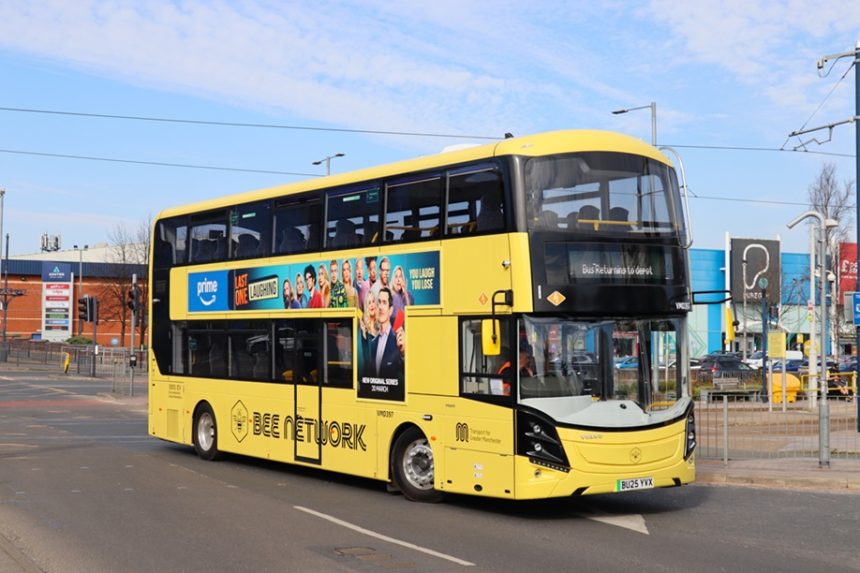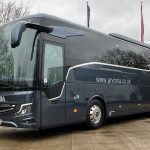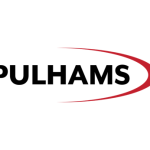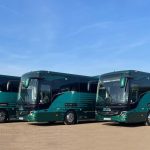The Metroline bus depot in Ashton-under-Lyne has become the first such operating centre on the Bee Network in Greater Manchester to transition to a fully battery-electric fleet. 83 Volvo BZL double-deckers are in use, supported by 27 dual chargers that allow 54 buses to draw power at one time.
They are among over 300 battery-electric buses serving the Bee Network. With a further funding allocation from government announced as part of a wider package for city regions in England on 4 June, that franchised provision in Greater Manchester is slated to become entirely zero-emission by 2030.
Besides Ashton, Transport for Greater Manchester (TfGM) has carried out infrastructure work at Bolton, Hyde Road and Oldham depots for battery-electric buses. It says that further upgrades will be made at Middleton this year. Electrics have worked from Sharston depot since 2019.
The 83 Volvos at Ashton are part of 160 battery-electrics with Metroline Manchester. Regional CEO Patrick Sibley says that the operator is “committed to continuing to work with TfGM and its objective to achieve a fully electric Bee Network by 2030.”
14 routes are operated from Ashton-under-Lyne, including some that run into central Manchester. Mayor Andy Burnham says that bus fleet electrification is part of “a green revolution” in the city region. He points out that one in three buses in Greater Manchester is now battery-electric.
The Volvo BZL fleet at Ashton was part-funded by the Zero Emission Bus Regional Areas scheme. It is part of a batch of 170 BZLs ordered by Stagecoach under the deregulated regime, initially for use at Stockport but later reallocated before delivery after the current depot in that town was found to be unsuitable for electrification.
Aftermarket service and support for the BZLs is provided by Volvo Bus UK and Ireland partner Thomas Hardie Commercials from its location at Trafford Park. That has seen the creation of jobs locally for frontline electric vehicle specialist technicians and apprentices.



























